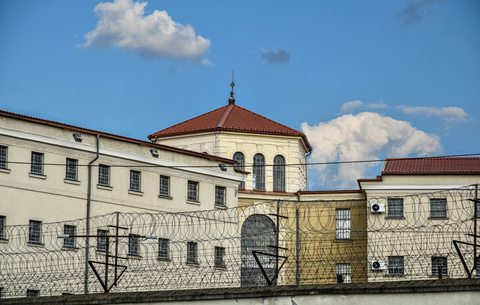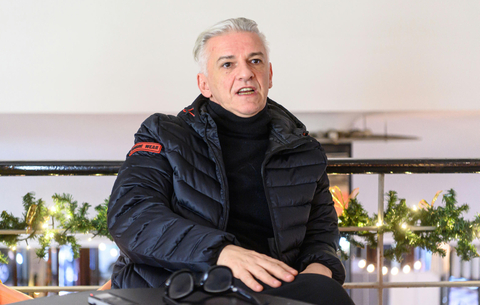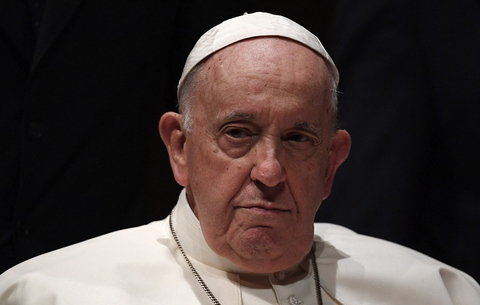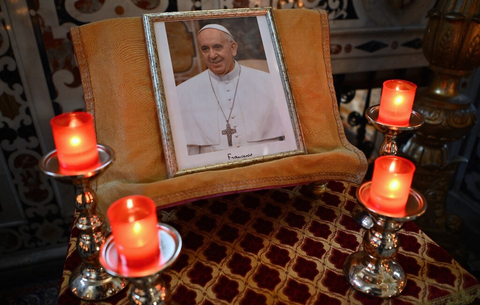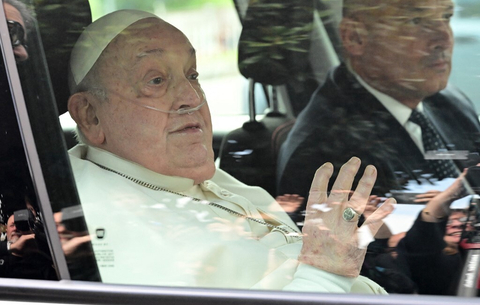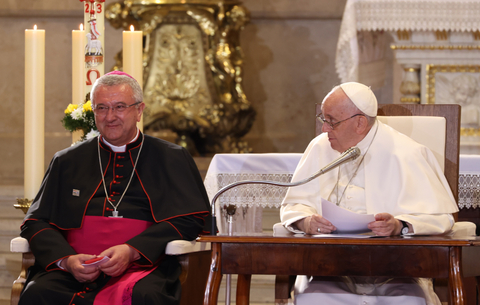Tibor Karancsi:Iren didn't take the danger seriously
Tibor Karancsi, the former chief inspector of Szeghalom, took part in the making of a documentary by Iren Karman, the journalist who investigated the oil bleaching affairs of the 1990s and who has recently been severely beaten. He says he frequently warned her of the dangers.
Tibor Karancsi |
I met her when I broke the scandal and Iren wanted to make a film about the oil bleaching affair. We became personal friends - to the extent that I took care of her house last summer when she was holidaying in Croatia with her family.
So you knew the journalist well, and knew that she had been threatened. Didn't you warn her?
I did. I liked Iren for her self-confidence and enthusiasm. I thought her a lively, optimistic person, not in the least bit nervous. But as she got closer to the oil bleaching gangs, I warned her frequently to be careful, because these were not people to joke with. Just a few weeks ago I was sitting in a cafe with her and Istvan Sandor. I told her than that she should take care because people wished her ill. I said, jokingly: "Don't use the rear-view mirrors just for doing your make-up." But Iren knew very well that my concerns were well-founded.
Did you expect something like what happened on Friday evening?
It was a possibility, but I didn't think they'd go that far. I thought publicity would serve as a kind of protection. Back then, five of my colleagues were killed in mysterious circumstances over two years, but nobody died after I brought the affair to public attention. I was threatened, too, I was even beaten, like Iren, in 1997.
Will they catch the perpetrators?
There's a 50 per cent chance. I'm doing everything to make sure they don't get away with it. I've offered my assistance to the police. They haven't asked me yet. From experience, I can see that Hungary has a legal system, but not a justice system. But I'd like to be proven wrong.
Oil bleaching - a crime of the 1990s
Oil bleaching was one of the most profitable illegal 'businesses' in Hungary in the years after the regime change, costing the budget an estimated several hundred billion forints over the 1990s. The 'oil affairs' first came to light in 1991 and 1992, but the cases became a flood from 1993 onwards. The abuse involved the different pricing of engine fuel and heating fuel. The two products were identical, but heating fuel was much cheaper. A 1990 government directive stipulated that heating oil should be coloured with a dyeing agent. From 1991, heating oil was coloured red, but since the dye did not damage engines, heating oil was still used as engine fuel. Oil was meant to be dyed during customs inspections as it crossed the border - and this provided scope for abuse. If the customs official could be bribed, the imported product could still be used for engine fuel. If the oil had already been dyed, it could be 'bleached' using a variety of chemicals. In August 1993, the Ministry for Industry and Trade established a committee to deal with the oil maffia. The duel pricing system came to an end in 1995. These measures reduced the level of fraud.
In Feburary 2000, Laszlo Pallag, a Smallholders' Party MP, established an ad hoc parliamentary committee to investigate the oil affairs and the related corruption. On 8 June, Zsolt Nogradi, who claimed to be a member of the Bacs-Kiskun county oil mafia, came out with astonishing allegations at a committee hearing. He said several leading politicians and three parliamentary parties, as well as the customs agency, the financial inspectorate and the police were all involved. He accused Sandor Pinter, the Interior Minister and former national police chief, Ivan Szabo, the former finance minister, and Sandor Lezsak, the former Hungarian Democratic Forum chairman, of being involved. No proof has been forthcoming, however, and all involved won libel cases against Pallag.
A report by the Highest Prosecutor in 2000 found that 4,300 crimes had been committed in the course of oil smuggling activities between 1991 and 1999. Most of the 340 accused were sentenced to prison.
English version
hvg.hu
2007. május. 28. 11:16
Old elites in young democracies
English version
hvg.hu
2007. május. 30. 18:24
Politics and the security services
English version
hvg.hu
2007. június. 26. 10:22
Foundations in the firing line
English version
hvg.hu
2007. június. 12. 09:55
Reloaded
English version
2007. június. 12. 09:36
Book of the ex-cultural minister
English version
2007. június. 12. 09:51
Albert Takács
English version
HVG
2007. május. 28. 11:12
